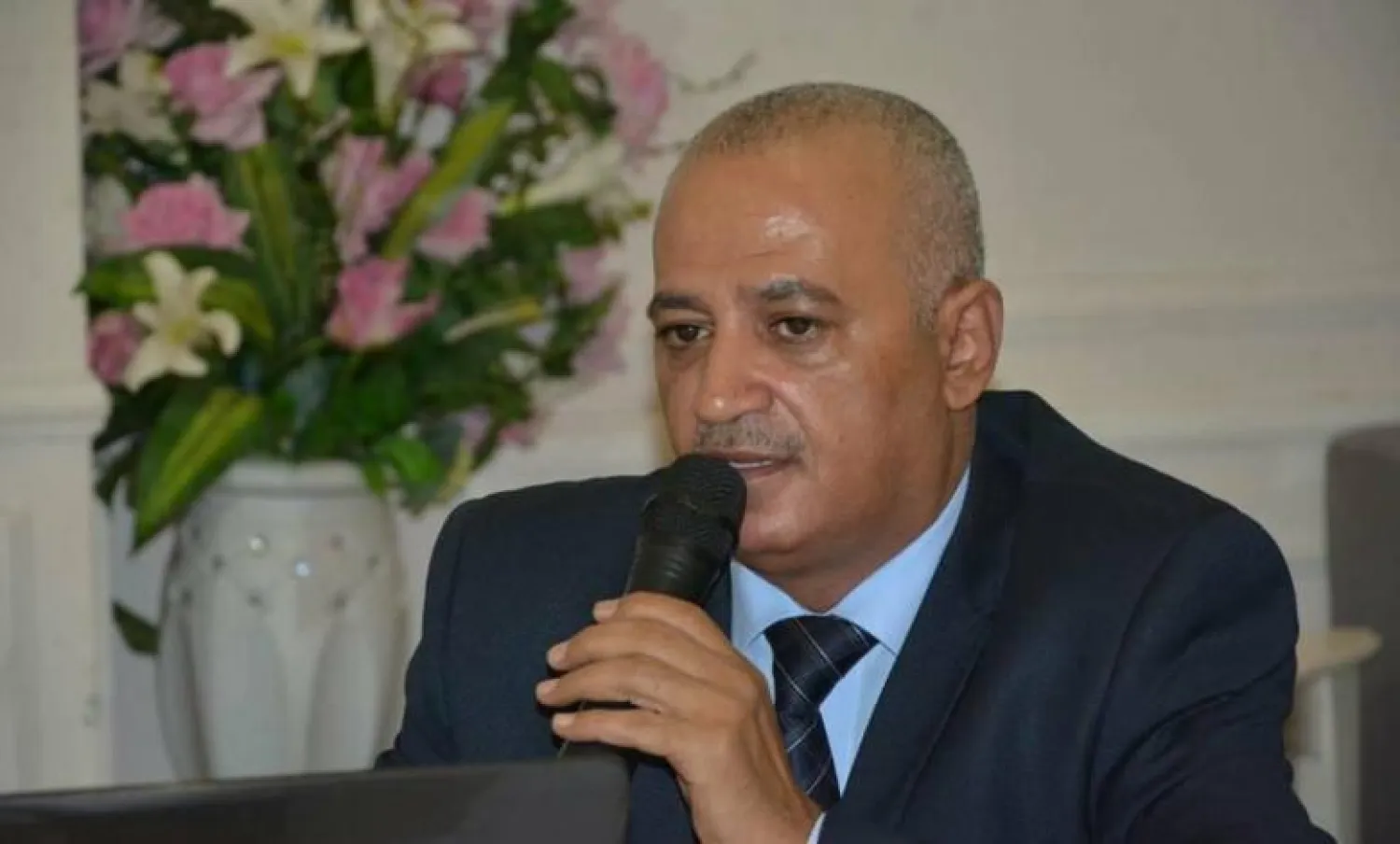Yemen and the United States have developed plans and precautionary measures to deal with the risks of any leakage, sinking, or explosion of the Safer oil tanker.
Safer holds around 1.1 million oil barrels on board and is anchored off the coast of Hodeidah.
The Iranian-backed Houthi militias, which control the tanker's anchorage area, have for years refused to carry out any maintenance work.
They prevented UN experts from boarding the tanker and assessing it to take the necessary measures and avoid a major environmental disaster.
Minister of Water and Environment Tawfik al-Sharjabi announced that the Yemeni government considers the tanker a grave threat, indicating that it is working with all partners in the international community to address the dangerous environmental issue.
Sharjabi warned that the risks increase in light of the tanker's highly complex climatic, environmental, and technical conditions.
He said that Houthis refuse to respond to international warnings and Security Council resolutions requiring a team of experts to inspect the tanker for evaluation, according to Saba news agency.
The Yemeni minister discussed with US Chargé d'Affaires Cathy Westley the tanker's alarming conditions.
The meeting touched on international efforts aiming to handle the decaying tanker problem and national, regional, and international measures to deal with risks in the event of a leak, sinking, or explosion of the floating oil tanker.
Sharjabi praised the US efforts to solve this issue and its continuous support for the legitimate government.
He noted that preventing the tanker's explosion or sinking is a local, regional, and international concern, warning that Houthis continue to manipulate the issue without severe consequences and repercussions.
Westley reviewed the latest developments and the ongoing US diplomatic efforts to avoid an environmental disaster.
She stressed that her country is developing plans to deal with the worst-case scenarios that will affect a crucial international waterway.
The US official reiterated Washington's willingness to assist Yemen in facing the repercussions of the disaster and provide advice and expertise on handling oil spills and reducing their devastating effects on ecosystems.









